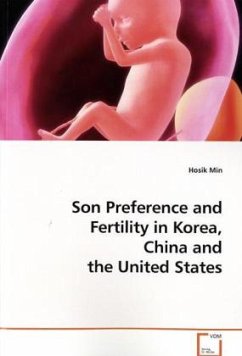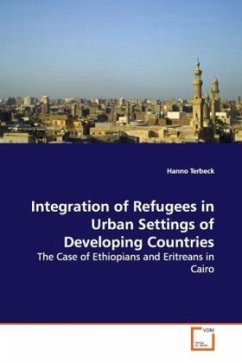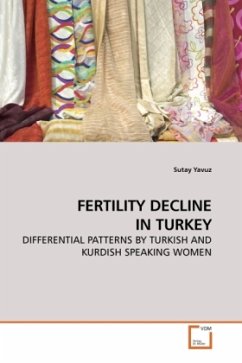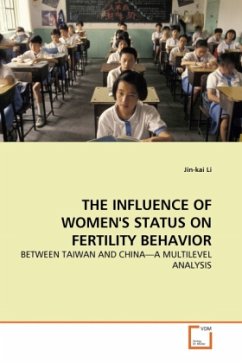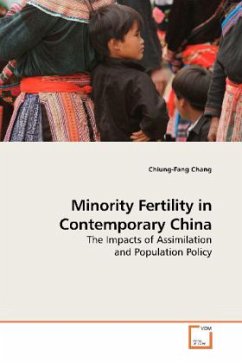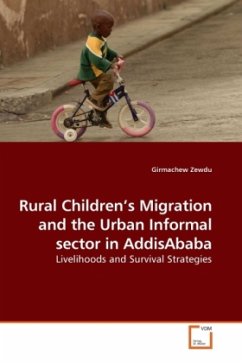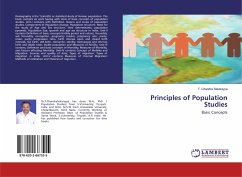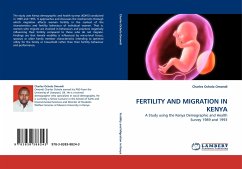
Fertility Declines with Urban Experience: An Urban Myth?
A Case Study of Ghana, West Africa
Versandkostenfrei!
Versandfertig in 6-10 Tagen
32,99 €
inkl. MwSt.

PAYBACK Punkte
16 °P sammeln!
With urban experience (urbanism) considered integral to changing reproductive patterns, economic, resource access and ideational/innovation-diffusion theories go a long way to explain how associated processes by which reproductive behaviour might be altered, operate far more ardently in urban settings than rural. Substantiated by analyses of migrant reproductive behaviours before, during and after arrival to urban environments, generally overtime and across generations, it is found to be almost that of true urbanites. This study considers how changes in reproductive behaviours can be better ex...
With urban experience (urbanism) considered integral to changing reproductive patterns, economic, resource access and ideational/innovation-diffusion theories go a long way to explain how associated processes by which reproductive behaviour might be altered, operate far more ardently in urban settings than rural. Substantiated by analyses of migrant reproductive behaviours before, during and after arrival to urban environments, generally overtime and across generations, it is found to be almost that of true urbanites. This study considers how changes in reproductive behaviours can be better explained by any and all of the selectivity, disruptive, adaptation and socialisation effects associated with urban migration than urbanism per se. In support of this explanation Ghana's Navrongo Project explicitly demonstrates that should a remote, rural traditional society be exposed to the same conditions influencing fertility in urban environments, then changes in reproductive ideas and behaviour is a strong possibility. This is a useful study for those interested in the relationship between urbanism and fertility in facilitating sub-Saharan Africa's current fertility transition.



